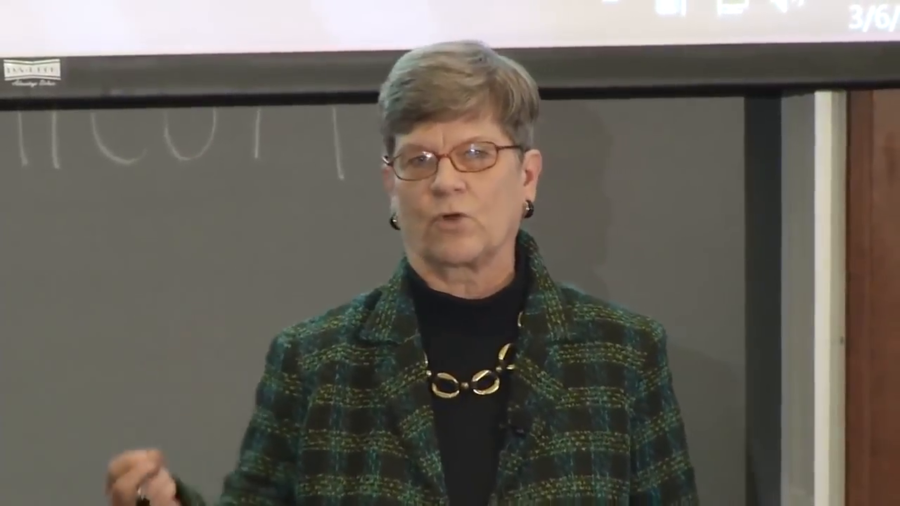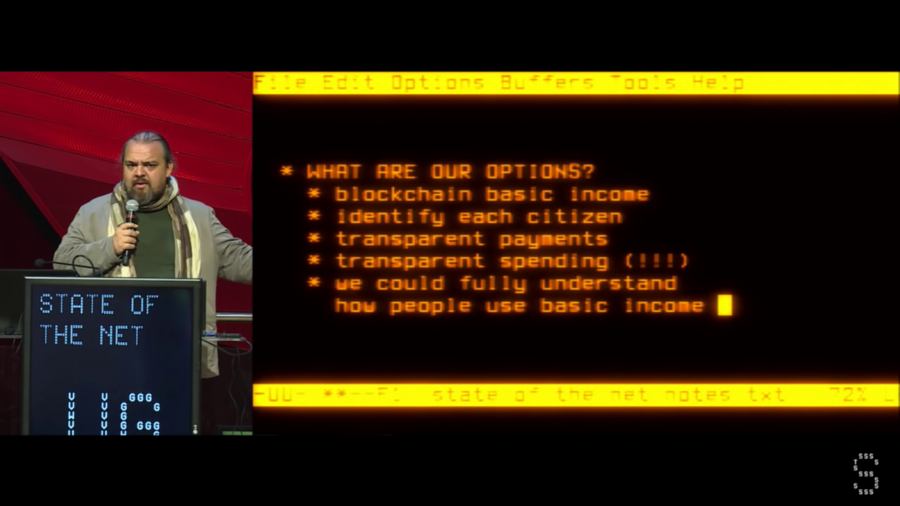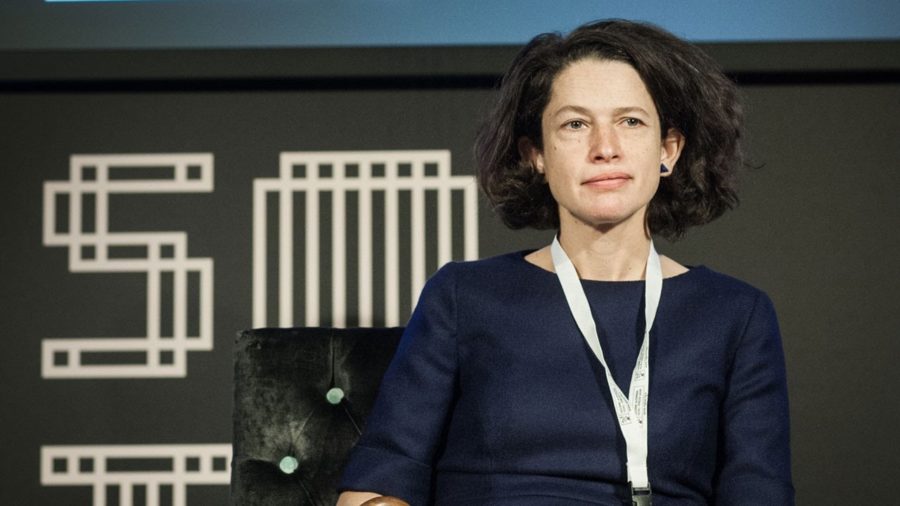The Center, one of our core goals, our mission statement, is to get people thinking more creatively and ambitiously about the future. What I mean when I talk about that is that we need to come up with better stories about the future. If you want to build a better world you have to imagine that world first.
Archive

The danger is that we are taking the agenda that is being set by those who are the political players, and by checking within it ignoring the things that are consequential that we ought to be debating, that to some extent exist in another world which is a world about what is desirable and good, and what the trade-offs actually are and how we should arbitrate those track trade-offs.

Everybody thinks of bureaucrats as being kind of a neutral force. But I’m going to make the case that bureaucrats are in fact a very strongly negative force, and that automating the bureaucratic functions inside of our society is necessary for further human progress.

I’m going to argue today that even while we know post-truth politics is having a terrible effect on our political culture and our role as citizens, it’s curiously difficult to combat it because of a set of beliefs about what politics is, and about the Internet and the way it enables ordinary people to have a voice. And these beliefs intersect with a prevailing anti-intellectual anti-elitism which associates knowledge, discernment, and truth with snobbery and power.

Emily Bell on Elusive Objectivity
This idea of control is so baked into the journalistic psychology that actually this articulation, done in a highly-controlled environment with an advertising agency, is one which even though it’s not new to the open Web is still very very very new to journalism. And what we don’t have at the moment is anything like a balancing investment in the kinds of things which allow us to participate in the crowd.